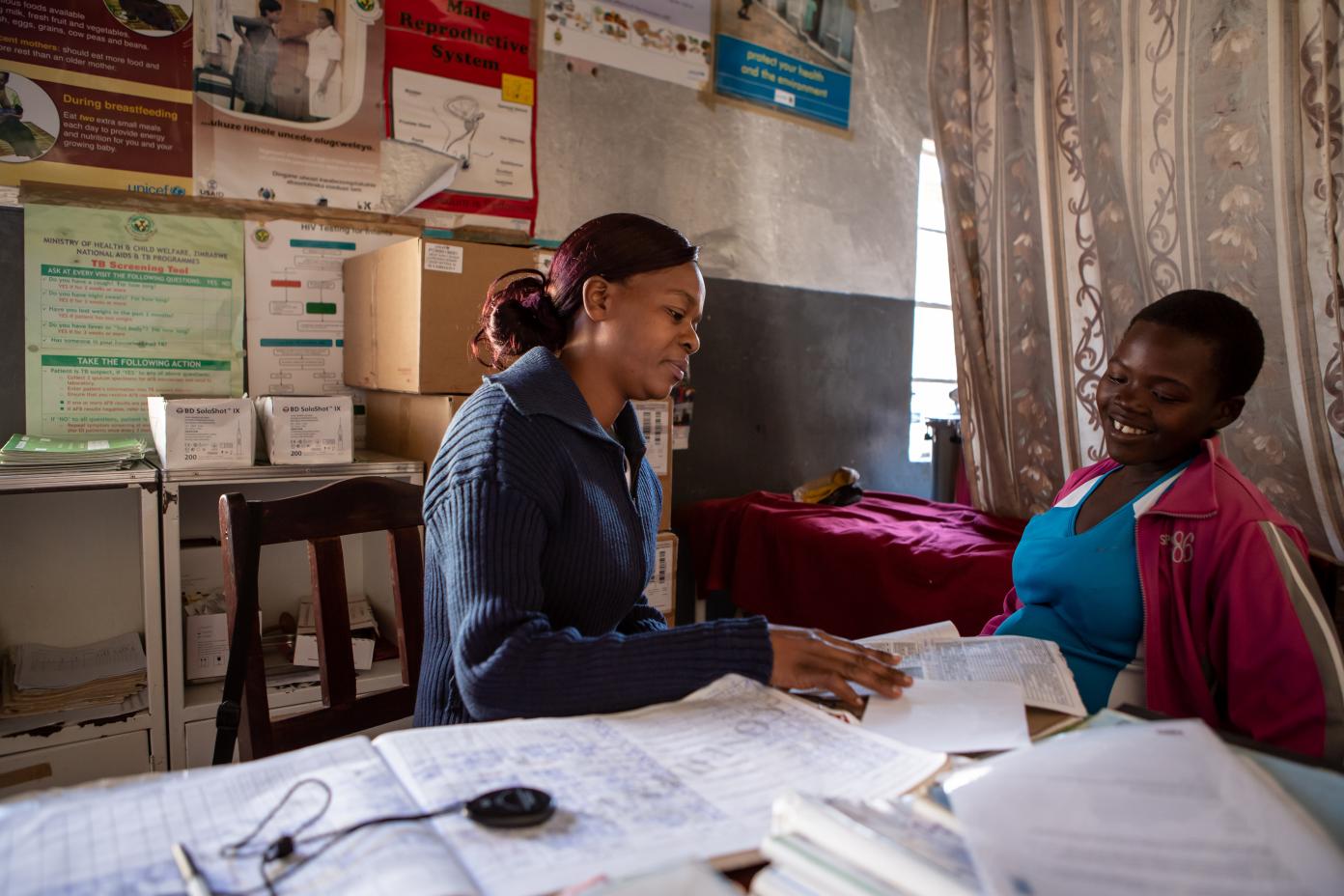Hard-won gains towards ending the AIDS pandemic are at risk of being lost due to the ongoing disruptions caused by the COVID-19 pandemic. Lockdowns and other restrictions have interrupted HIV prevention and treatment in many countries, disproportionately affecting the poorest and most vulnerable people. The theme of 2021 World AIDS Day, End Inequalities. End AIDS, End Pandemics is a stark reminder that urgent action must be taken to tackle the inequalities that prolong overwhelming pandemics.
Both the COVID-19 and HIV/AIDS pandemics have illustrated the widening gap between those with access to quality healthcare and those without. Studies have found that the risk of dying from COVID-19 amongst people with HIV was double that of the general population yet by the mid-2021, the majority of people living with HIV did not have access to the COVID-19 vaccine. We know that drivers of social exclusion -- stigma, discrimination, and marginalization -- also increase health risks and limit access to services for key populations at higher risk of HIV. Under-investment and inefficient resource allocation in low- and middle-income countries were some of the main reasons why the global AIDS targets for 2020 were missed. Combined with the potential impact of COVID-19 on health financing, there is a clear and present danger of losing further ground on HIV.
In 2020, 37.7 million people globally were living with HIV. Remarkably, during the same period, 65% of new HIV infections were in marginalised populations at higher risk of HIV -- they also bear the brunt of discriminatory and punitive laws, policies and practices. Across the world, the United Nations Development Programme (UNDP) and our partners are working to ensure that people living with HIV, and people at higher risk of acquiring HIV, get the support they need at this extremely challenging moment. That includes assisting countries to strengthen HIV programmes to ensure the continuity of services and enhance the resilience of equitable health systems. UNDP’s efforts have included everything from boosting HIV prevention, treatment, care and support in Kyrgyzstan; to providing antiretroviral treatment to over 700,000 people living with HIV in Zimbabwe; to supporting countries in the creation of enabling environments for HIV responses. Indeed, new analysis from the HIV Policy Lab shows a positive correlation between better HIV outcomes and laws that advance non-discrimination, human rights institutions and gender-based violence responses.
The global AIDS response has taught us that progress is very much possible with ambition, political will, and solidarity. Guided by the Sustainable Development Goals and the pledge to leave no one behind, this should include a strong focus on ending inequalities, as well as innovative financing and investments. The 2021 Political Declaration on HIV and AIDS also calls for increased investments in advancing human rights, gender equality, and community-led responses. To regain the lost ground on HIV and end AIDS as a public health threat, we now need to scale-up people-centred approaches which end inequalities and advance equity, non-discrimination, and human rights. Crucially, the entire UN family and our partners remain committed to supporting countries and communities to end inequalities so that we can finally consign devastating pandemics to history.
Achim Steiner, Administrator, United Nations Development Programme (UNDP)

 Locations
Locations
